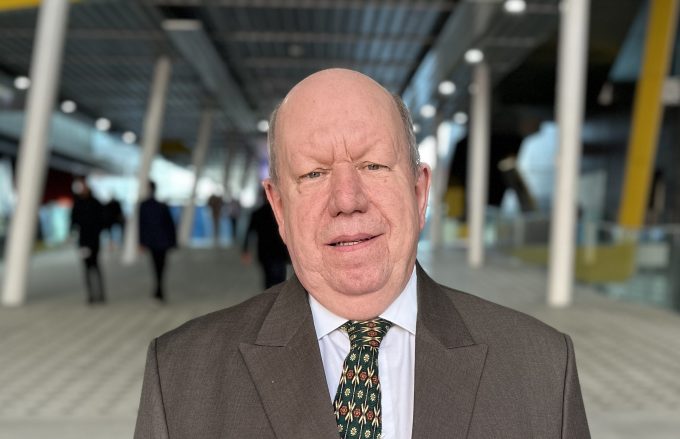At 11th hour, UPS bows to Teamsters strike threat in seven states
PRESS RELEASE 12 August 2025 UPS Retreats from Assaults on Workers’ Rights After Teamsters Assemble National Pickets Press ...

Lothar Moehle has been a stalwart of the air cargo scene for decades. He’s been on both sides of the coin: first at UPS and DB Schenker; and latterly at IATA’s Cargo iQ, the standards organisation. After some 50 years in the industry, he is ...

Comment on this article
Roy Linkner
June 07, 2024 at 3:08 pmThank you Lothar, congrats and best wishes in your retirement.